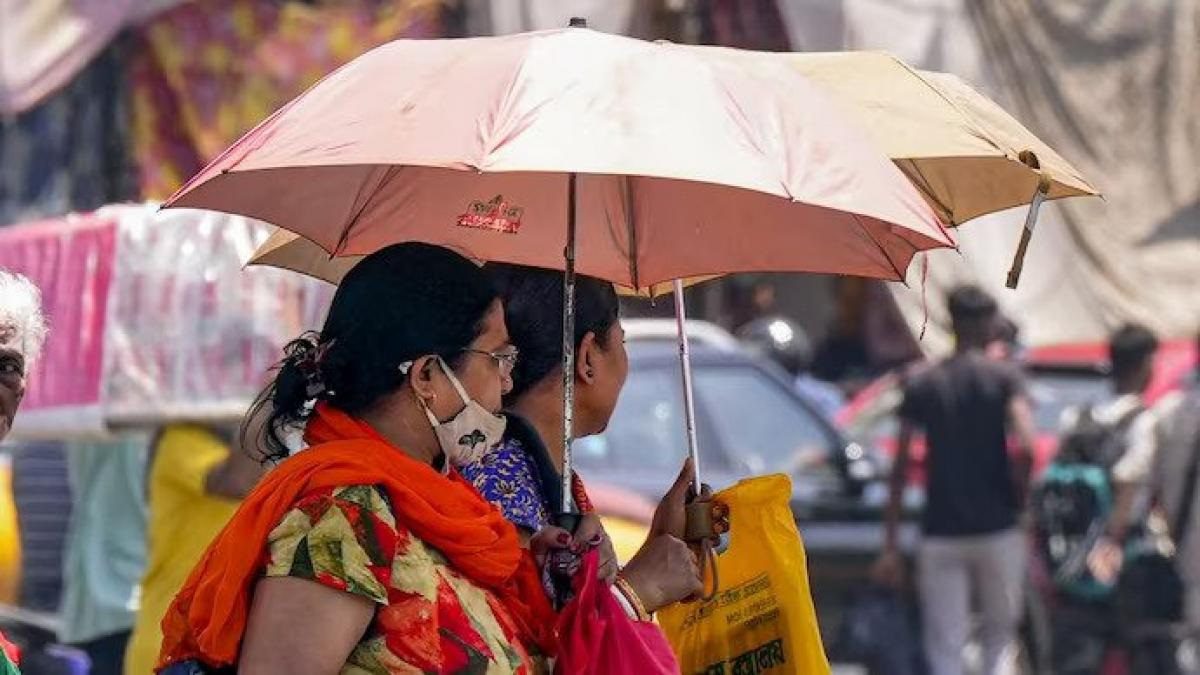•Red alert issued for Andhra Pradesh, Bihar, West Bengal, Odisha
•Intense heat is expected in east India until Wednesday and continues in the south for 5 days
•Orange alert issued for parts of Telangana, Karnataka, Sikkim
As temperatures continue to climb, alarming red alerts have been issued in four states across the region, signaling the severity of the ongoing heatwave. With the mercury reaching a scorching 45.4 degrees Celsius, communities are urged to take precautionary measures to safeguard against the potentially dangerous effects of extreme heat.
The states affected by the red alert include [List the affected states]. Authorities in these regions are on high alert, mobilizing resources to ensure the safety and well-being of residents as the blistering heatwave persists.
Heatwaves pose significant health risks, particularly for vulnerable populations such as the elderly, young children, and individuals with pre-existing medical conditions. Prolonged exposure to high temperatures can lead to heat-related illnesses such as heat exhaustion, heatstroke, and dehydration.
To mitigate the impact of the heatwave, health officials advise the following precautions:
- Stay Hydrated: Drink plenty of water throughout the day to stay hydrated and replenish fluids lost through sweating.
- Seek Shade: Limit outdoor activities, especially during the hottest parts of the day. Seek shade or air-conditioned environments whenever possible.
- Dress Appropriately: Wear lightweight, loose-fitting clothing and protect yourself from the sun with a wide-brimmed hat and sunglasses.
- Check on Vulnerable Individuals: Keep a close eye on elderly relatives, neighbors, and those with chronic illnesses, ensuring they have access to cool environments and hydration.
- Never Leave Children or Pets in Vehicles: The interior of a parked car can quickly reach dangerous temperatures, posing a serious risk of heatstroke for children and pets left unattended.
Authorities are also implementing measures to provide relief to those affected by the heatwave, including the establishment of cooling centers and the distribution of water and other essential supplies.
Climate scientists warn that extreme heat events are becoming more frequent and intense due to climate change, underscoring the urgent need for mitigation and adaptation efforts to address the escalating risks posed by rising temperatures.
As communities grapple with the challenges of the ongoing heat wave, individuals must remain vigilant and take proactive steps to protect themselves and their loved ones from the potentially life-threatening effects of extreme heat. By staying informed, prepared, and resilient, we can weather the heat wave safely and mitigate its impact on our health and well-being.

